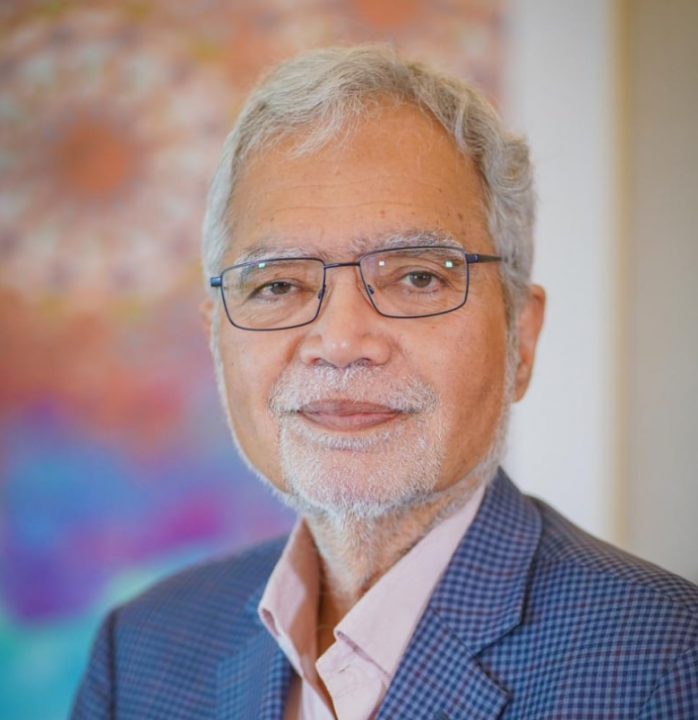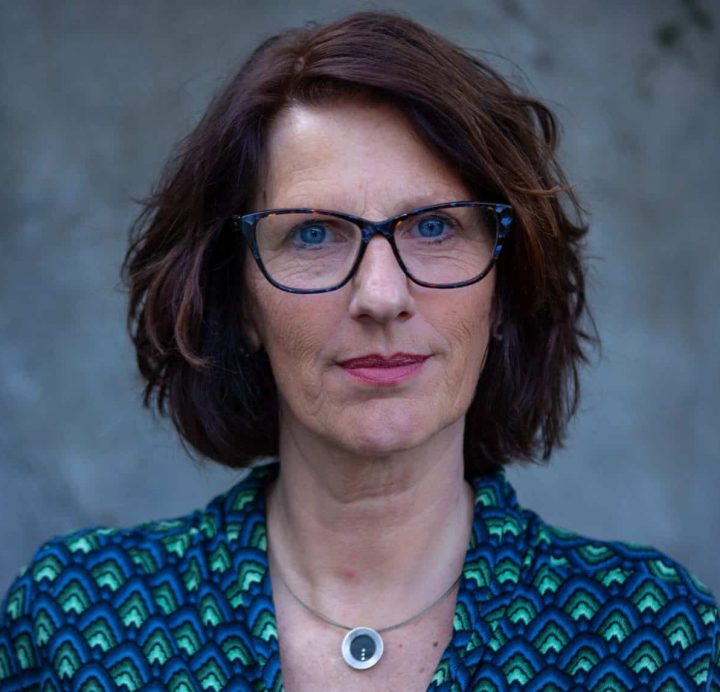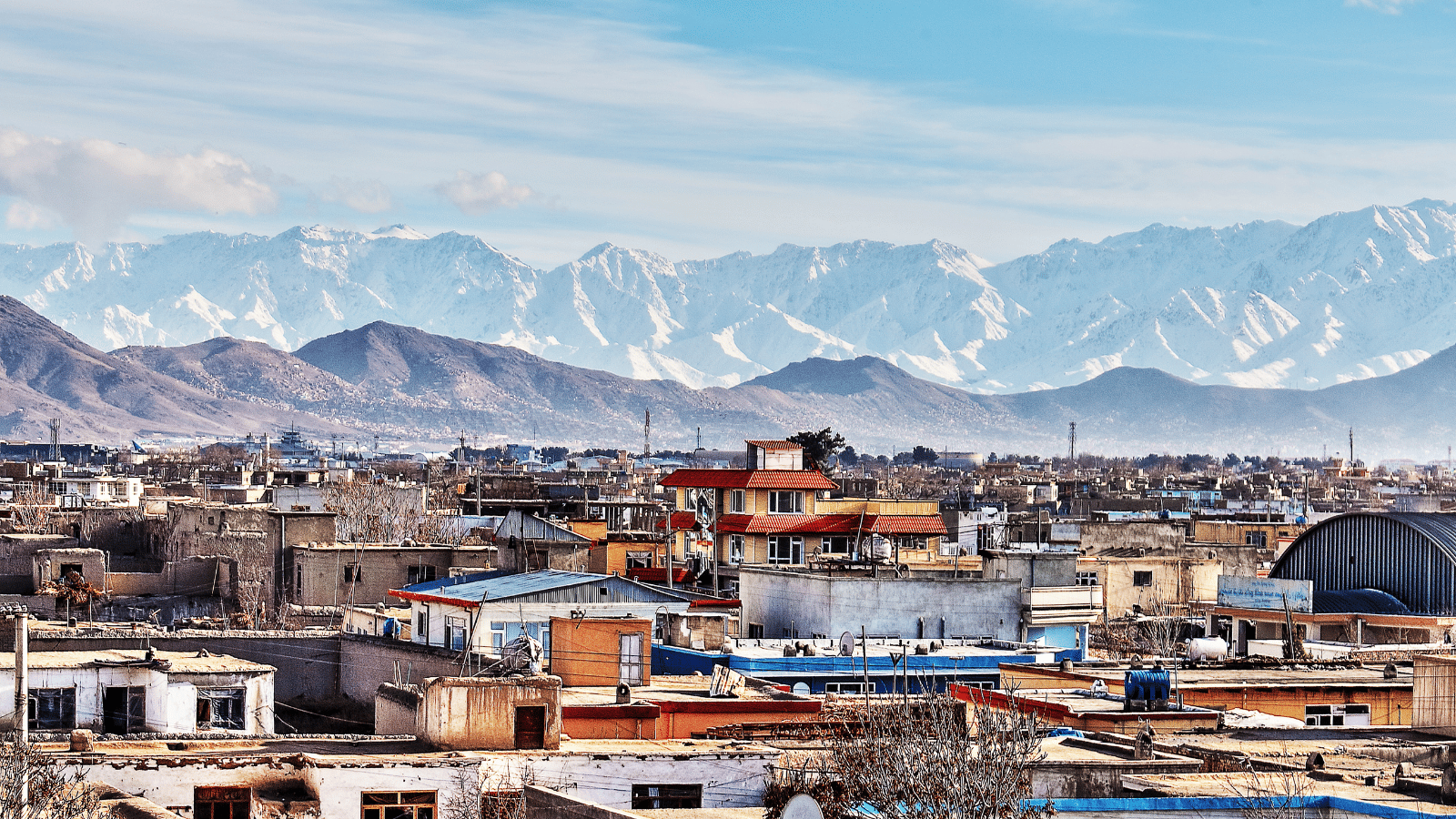The ‘Humanitarian Futures’ conference was held in the Skram room at the Litteraturhuset in Oslo on 7 and 8 June 2023.
The conference was organised around the central themes of:
Please see the program below. Or download a copy here.
11:30-12:00 – Light lunch and mingling on arrival (please be aware the program will start at 12:00 noon sharp so please arrive ahead of time).
12:00-12:15 – Opening: Antonio De Lauri (NCHS Director and Research Professor, Chr. Michelsen Institute, CMI)
12:15-13:00 – Keynote: Amali Tower (Founder and Executive Director, Climate Refugees) – Living in a changing climate: Dynamics of forced migration and displacement (with Q&A)
Introduced and moderated by Antonio De Lauri (CMI and NCHS)
13:00-14:00 – Session 1: The future of displacement – research perspectives (with Q&A)
Displacement is on the rise. An estimated 103 million – or one per cent of the world’s population – is now displaced, with the majority being Internally Displaced Persons (IDPs). As displacement becomes more prolonged and intertwined with old and new vulnerabilities, different challenges need to be understood and addressed. Conflict, famine, poverty, climate change and other social and political drivers of displacement heavily affect the lives of the people and in turn displacement is impacting the environment. What does this mean for the future of displacement? What does this mean for migration governance and policy? How do displaced persons interact with the environment and what forms of adaptation and impact do they experience? How can the systems of knowledge, lived experiences, and agency of people who have experienced displacement contribute to the provision of humanitarian assistance?
Moderator: Teklehaymanot G. Weldemichel (Postdoctoral Researcher, Norwegian University of Science and Technology, NTNU)
14:00-14:15 – Tea and coffee break
14:15-15:15 – Session 2: The future of displaced people and the role of humanitarian assistance (with Q&A)
Displacement disproportionally impacts those most vulnerable, and displacement impacts the lives of displaced people, their host communities and those they leave behind in a myriad of ways. What are the ongoing and emerging challenges in delivering humanitarian assistance for displaced persons and how can these be addressed for the future? How do people directly affected by crisis and emergency cope with existing structures and policies? How do they themselves contribute to the delivery of humanitarian assistance and how can this agency be encouraged?
Moderator: Arne Strand (Senior Researcher, CMI)
15:15-15:30 – Tea and coffee break
15:30-16:30 – Session 3: The future of the multilateral system and impacts for humanitarian affairs and governance (with Q&A)
Moderator: Eva Johais (Postdoctoral Researcher, CMI)
16:30-16:45 – Tea and coffee break
16:45-17:30 – Film screening: Hunger Ward
Filmed from inside two of the most active therapeutic feeding centers in Yemen, Hunger Ward documents two female health care workers fighting to thwart the spread of starvation against the backdrop of a forgotten war. Directed by two time Oscar nominee Skye Fitzgerald, the film provides an unflinching portrait of Dr. Aida Alsadeeq and Nurse Mekkia Mahdi as they try to save the lives of hunger-stricken children within a population on the brink of famine.
* Please be aware the film will only be viewed in-person at the conference venue (it will not be streamed).
17:30-18:15 – Session 4: The forgotten war in Yemen (with Q&A)
Moderator: Júlia Palik (Senior Researcher, PRIO)
18:15-18:45 – Mingling and refreshments
19:00: Day 1 close
08:30-9:00 – Tea and coffee on arrival (please be aware the program will start at 09:00AM sharp so please arrive ahead of time).
09:00-09:45 – Keynote: Mukesh Kapila (Writer, Professor Emeritus, University of Manchester) – What killed the humanitarian consensus? (with Q&A)
Introduced and moderated by Hilde Refstie (Associate Professor, NTNU)
09:45-10:45: Session 5: Norwegian humanitarianism – the way forward (with Q&A)
Norway has a strong humanitarian history and plays an important role delivering humanitarian assistance across the globe. Where can Norway best focus its humanitarian efforts over the coming years? What are the emerging priorities? How can Norway best harness innovative approaches to humanitarian assistance?
Moderator: Jon Harald Sande Lie (Research Professor, Norwegian Institute of International Affairs)
10:45-11:00 – Tea and coffee break
11:00-12:30 – Session 6: The future of technology, design and innovation in humanitarian action (with Q&A)
In response to ever-growing demands, humanitarian actors take advantage of new technology and innovations. Examples range from medicine and materials to communication systems and big data. The settings in which these are used – be it in war, natural disaster or refugee management – require careful consideration of resources, adaptation, effects and scenarios. What developments, risks, ideals and policies of technology and innovation are shaping humanitarian action and what are the implications for the future of humanitarian design?
Moderator: Kristoffer Lidén (Senior Researcher, PRIO and NCHS Deputy Co-Director)
12:30-13:15 – Lunch break
13:15-14:00: – Keynote: Dorothea Hilhorst (Professor, Erasmus University) – Future or science fiction? A reality check of humanitarian action (with Q&A)
Introduced and moderated by Maria Gabrielsen Jumbert (Research Director, PRIO and NCHS Co-Director)
14:00-15:00 – Session 7: Who provides humanitarian assistance and how? A conversation about multiple ways to understand humanitarianism – today and tomorrow (with Q&A)
An important part of the discussion on what constitutes humanitarian aid is asking who are the humanitarians: from staff of large professional humanitarian NGOs, to international volunteers, grassroots and citizen humanitarians to local first-responders and the local preparedness infrastructures. What are the differences between professional humanitarianism and more relational forms of humanitarianism, and in which ways does this distinction matter?
Moderator: Cindy Horst (Research Professor, PRIO)
15:00-15:15 – Tea and coffee break
15:15-16:15 – Session 8: Where does the money come from and who does it reach? What do funding models say about motivation, conditionality and accountability? (with Q&A)
Understanding what humanitarian action is in a broad sense – what it achieves and aims to achieve, with its underlying principles, values and drivers, also requires us to look at the funding streams: who are the donors, and what conditions do they lay down (if any), to decisions on who it is supposed to reach and how. How do so-called non-traditional donors differ from traditional donors, between aid based on need to aid for specific communities? And how do emerging humanitarian initiatives balance the desire to provide direct assistance (without overhead costs) with the need to also ensure professional and sound management of the same projects? How are these different points of tension shaping the future of humanitarian aid?
Moderator: Maria Gabrielsen Jumbert (PRIO and NCHS)
16:15-17:00 – Mingling and refreshments
The NCHS is very pleased to have the following keynote speakers join us to share their insights on the future of humanitarian assistance.
 Amali Tower, Founder of Climate Refugees
Amali Tower, Founder of Climate RefugeesLiving in a changing climate: Dynamics of forced migration and displacement
Amali Tower is the founder of Climate Refugees, a human rights organisation that calls for the protection and rights of those displaced by climate change. She has extensive global experience in refugee protection, refugee resettlement and in forced migration and displacement contexts, having worked globally for numerous NGOs, the UN Refugee Agency and the US Refugee Admissions Program. She is also a member of the World Economic Forum Expert Network in Migration, Human Rights and Humanitarian Response, and the UC Berkeley Center on Comparative Equality and Anti-Discrimination Law (climate refugees and immigrant justice working group).
 Mukesh Kapila, Professor Emeritus of Global Health and Humanitarian Affairs at the University of Manchester
Mukesh Kapila, Professor Emeritus of Global Health and Humanitarian Affairs at the University of ManchesterWhat killed the humanitarian consensus?
Mukesh Kapila is a Professor (now Emeritus) of Global Health and Humanitarian Affairs at the University of Manchester, where he also founded and chaired the Manchester Global Foundation. He has extensive experience in global and public health, international development, humanitarian affairs, conflict and security issues, human rights and diplomacy and social entrepreneurship. He has held leadership roles in government, the United Nations system and multilateral agencies, International Red Cross and Red Crescent, civil society and academia. Professor Kapila is also an author and public and media speaker.

Future or science fiction? A reality check of humanitarian action
Professor Hilhorst is an expert in development in areas affected by disaster, conflict or fragility, with a special focus on aid-society relations, including the impact of humanitarian aid on society and the ways in which people and institutions shape the organisation of aid relations. She leads a European Research Council project which aims to understand how humanitarian governance is evolving and particularly how civil society actors and crisis-affected people shape humanitarian governance. Professor Hilhorst was also awarded the 2022 NWO Spinoza Prize for her contribution to the field of humanitarian studies and is the president of the International Humanitarian Studies Association.
According to the Global Humanitarian Overview, one in every 23 people now needs humanitarian assistance – a record 339 million people will need humanitarian assistance and protection in 2023.
Global great power struggles, new and ongoing violent conflicts, disasters, extreme weather events, climate change, and growing inequality are all having an impact on humanitarian need. Forced displacement shows no sign of easing, with 103 million people – or one per cent of the world’s population – now displaced.
The environment in which humanitarian organisations operate is also changing. Growing social vulnerabilities and protracted crises, coupled with increasingly dangerous operating environments, rising operational costs and high inflation are impacting how humanitarian assistance is thought of and delivered.
The war in Ukraine, and its regional and global ramifications, already affects funding streams for humanitarian assistance and may have broader implications as well. The 6 February 2023 earthquake in Turkey and Syria are also likely to have long term impacts on the region, already made fragile by years of conflict and international sanctions and interventions. It also shows both the international willingness to help, beyond political fault lines, when the tragedy hits, as well as how the crucial first and immediate response is organised by local communities. The Taliban take-over in Afghanistan has brought back key dilemmas for the humanitarian community, between engagement, negotiations and humanitarian delivery. Meanwhile, countries like Yemen still suffer from devastating conflict and humanitarian suffering, often in the shadow of other major events.
These challenges run in parallel with grand ambitions like the World Humanitarian Summit Agenda for Humanity, as well as innovative solutions for delivering humanitarian assistance. The essence of humanitarian aid is constantly put into question in discussions around increasing levels of local leadership and participation, and greater accountability to the people affected by crises. What humanitarian futures can we see from here?
This conference, hosted by the Norwegian Centre for Humanitarian Studies, will explore what developments, risks, ideals and policies are characterising the ongoing transformations of the idea and practice of humanitarian aid. We will consider models of humanitarian governance, including the future of the UN and multilateral systems, the impact of sanctions, and what implications great power struggles may have for humanitarian action. We will examine the future delivery of humanitarian assistance, including who will deliver aid and how will they collaborate (from established organisations to grassroots, and questions about who are the “humanitarians”)? How can technology and innovation help deliver aid more efficiently (and ethically)? How can the international community ensure access to aid (through humanitarian negotiations and diplomacy)? And how people directly affected by crisis and emergency cope with existing structures and help contributing different configurations of assistance.
On a broader level, we want the conference also to meaningfully show how humanitarian studies can constructively think around key challenges in the humanitarian arena, and create a space for productive exchanges between students, researchers, humanitarian practitioners, policy makers and journalists.
